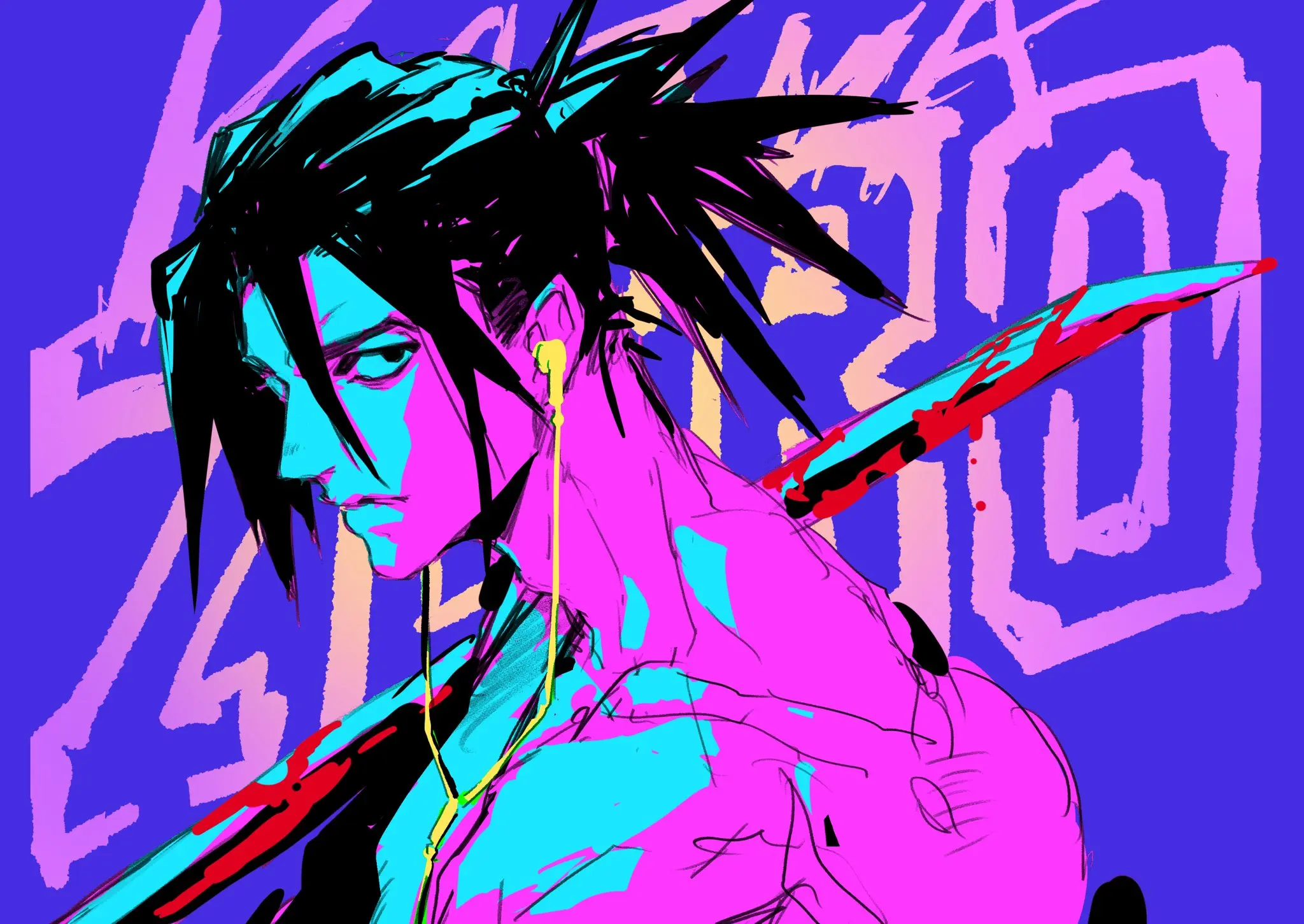you are viewing a single comment's thread
view the rest of the comments
view the rest of the comments
this post was submitted on 08 Jun 2024
120 points (99.2% liked)
Video Game Art
1731 readers
2 users here now
Video games are not mere time killers. They are albums of sound, aesthetics, animation and narrative.
This community is in appreciation of that. Screenshots, fanart, animations, gameplay clips. It is all welcome here.
The one common thread should be an eye for the aesthetic. This is not a place to discuss mechanics or stats, but to show off simply the artistic, expressed through the video game medium.
- All rules of the parent instance apply. That is, sopuli.xyz
- Include the name of the game your post is associated with in the post title.
- If your post is fanart, include a link to the artist in post body, if you can. You may also ping @saucechan@ani.social to have it attempt to find the source for you, and provide it in a comment.
- MARK ANY TEXT SPOILERS, as for art, do not post content that outright spoils key moments of a games narrative. Content that can only be understood with the context of having played the game, is ok.
- No generative AI art.
Also check out:
- !gameclub@sopuli.xyz
- !photomode@feddit.uk
- !vgartwork@lemmy.zip
- !patientgamers@sh.itjust.works
- !linux_gaming@lemmy.ml
founded 2 years ago
MODERATORS

Breath of the Wild which also does dynamic music that shifts and changes as you play/encounter enemies
Most modern games do this. It's a little different depending on implementation, but usually there are short loops of music which can transition into one another, and the game attempts to detect what's going on and make smooth transition at the end of each loop into an appropriate new loop based on the situation, so that the music is seamless but still reactive to what's going on. When it's done well, it's basically invisible that anything special is even happening, which I'm sure is irritating if you're the one who had to do the ball-busting labor of getting it all to work.
Fun fact, LucasArts was already doing this all the way back in 1991, back when video game sound beyond the bleeps and boops stage was still bleeding edge technology. One of a few different ways in which they were ahead of the curve by about 20-30 years if not more.
Like good CGI. The best work is the one you don’t notice.
Wonder how they did that back then? Shifting the tones up and down?
The wiki article goes into it; the canonical example (if you know to pay attention to it) is walking around in Woodtick in Monkey Island 2, and you can hear how the melody that’s playing is continuous, but some of the backing instruments will insert or change depending on which buildings you go into. You can probably find Let’s Play of the game on YouTube or etc to hear it in action.
Thanks. Read it and yeah, that had to be hard with a limited set of sound channels.
The entire arrangement would have to be smaller chunks that are flowed one into another or swapped out when an event changed.
Considering the memory and code space limitations of the time that was no small feat.